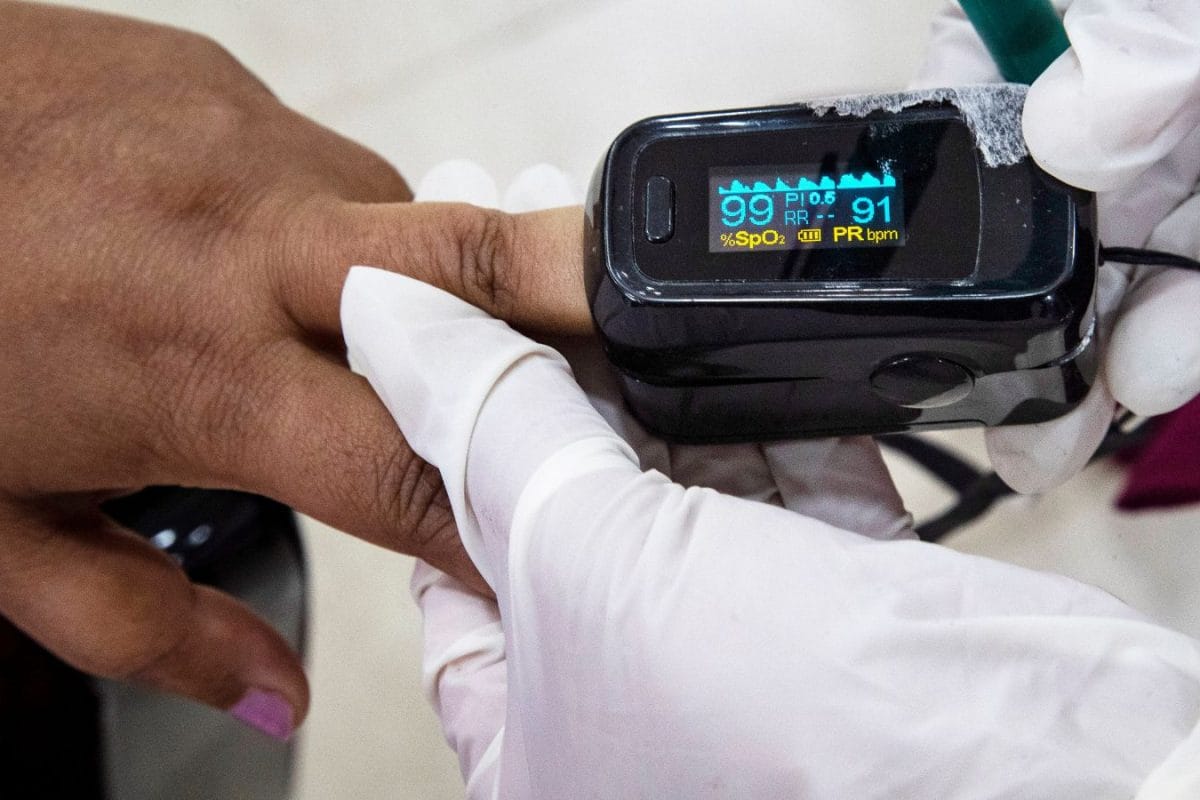

India is currently experiencing a surge in COVID-19 cases, with active infections surpassing 3,300 nationwide as of June 1, 2025. This marks a significant increase from the 257 active cases reported on May 22, indicating a rapid escalation over the past couple of weeks. The rise in infections has been attributed to several factors, including decreasing immunity from vaccinations administered over a year ago, relaxed public adherence to safety protocols, and the emergence of new, more transmissible variants.
Kerala is currently the worst-hit state, with 1,400 active cases. Maharashtra follows with 485 active cases, while Delhi has 436. Increases in infections have also been noted in Gujarat, Karnataka, West Bengal, Tamil Nadu, and Uttar Pradesh. The rise in cases is linked to emerging variants such as NB.1.8.1 and LF.7, while the JN.1 variant remains the most dominant, accounting for a significant percentage of positive cases across the country. One sample of NB.1.8.1 has been detected in Tamil Nadu, and four cases of LF.7 have been identified in Gujarat earlier in May.
In response to the growing number of cases, hospitals across the country have been instructed to maintain readiness, ensuring adequate supplies of oxygen, ventilators, and essential medicines. While the new variants are considered more transmissible and capable of partial immune evasion, they are not believed to be more severe than previous strains. Symptoms associated with the current surge remain mostly mild, including low-grade fever, cough, sore throat, and fatigue, resembling common flu. Most patients are being treated at home.
In Gurugram, four new COVID-19 cases were identified on Sunday, June 1, 2025. This brings the total number of active cases in the district to 12, with a cumulative of 23 cases detected since the beginning of the year. Fortunately, the symptoms in Gurugram have been mild, and all patients are currently in home isolation. The district administration tested 97 samples on Sunday. Since the start of the year, there have been 23 cases detected with 11 patient discharges.
Health officials are urging the public to remain vigilant and adhere to precautionary measures. These include wearing masks in crowded and polluted areas, practicing frequent hand hygiene, and avoiding close contact with infected individuals. People with uncontrolled diabetes, chronic kidney disease, HIV, and transplant patients are advised to exercise extra caution. The elderly, pregnant women, and children are also considered more vulnerable.
The Ministry of Health and Family Welfare is closely monitoring the situation and has urged the public to stay informed and take necessary precautions. Although hospitalization rates remain low, experts caution against complacency, as it could undermine the progress made in combating the virus. Individuals experiencing mild symptoms such as fatigue, sore throat, or gastrointestinal discomfort are encouraged to get tested early and isolate themselves to prevent further spread.
Karnataka has issued COVID-19 guidelines for schools ahead of the reopening in June, advising that children exhibiting symptoms such as fever, cough, or cold should not be sent to school.